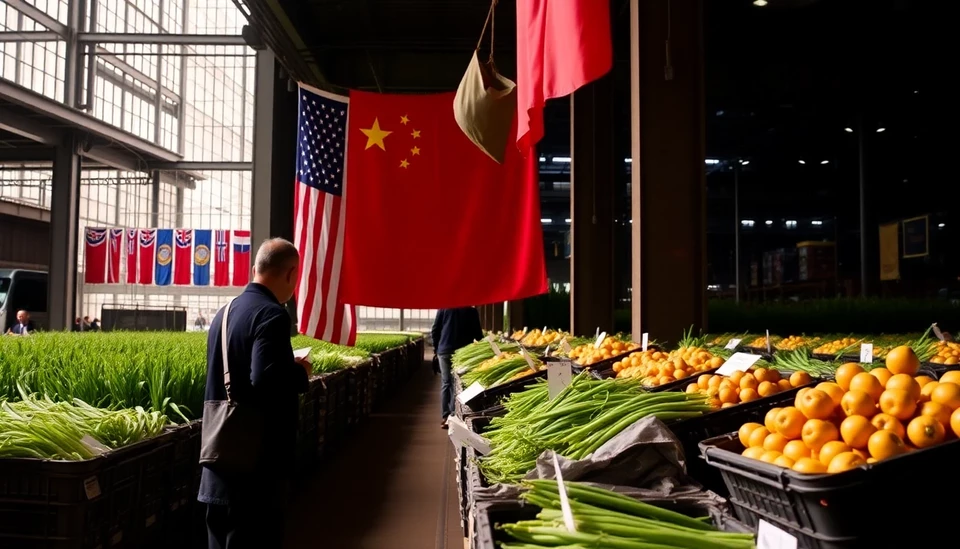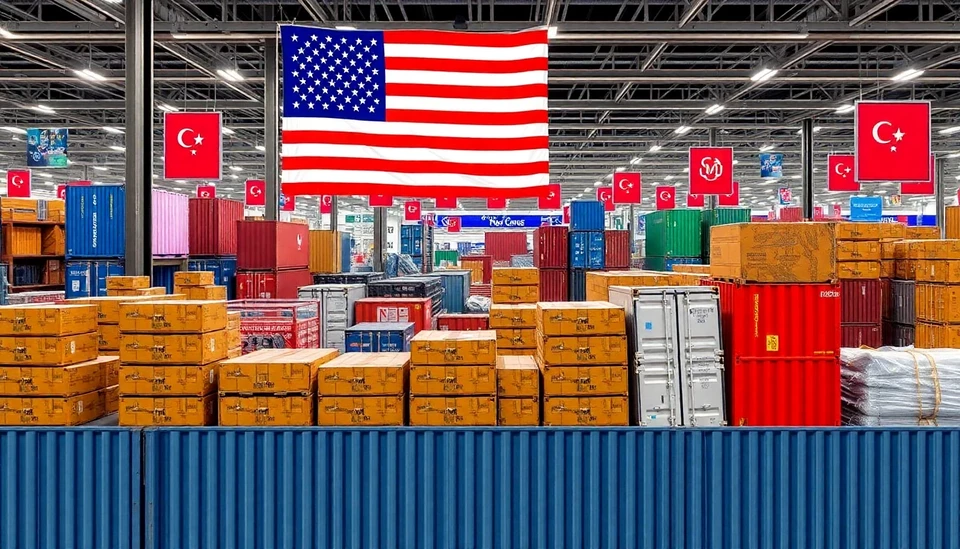
In a dramatic turn of events, China is reportedly considering targeting U.S. agricultural exports as a countermeasure to recent tariff actions taken by the United States. This development comes at a time when trade tensions between the two economic giants are escalating, leading to uncertainty in global markets and potential repercussions for American farmers.
The Chinese government has expressed dissatisfaction with the United States' reprisals, which have included increased tariffs on a range of Chinese goods. According to the state-run Global Times, there is growing speculation that Chinese officials may impose tariffs on key U.S. crops, including soybeans and corn—a move that would directly affect American farmers who have heavily relied on China as a trading partner.
In light of these potential punitive measures, experts are warning of the impact this could have on agricultural prices, as well as the broader implications for U.S.-China relations. The agricultural sector in the U.S. could face a significant downturn, especially as China is one of the largest importers of American agricultural products. A shift in these trade dynamics may not only affect prices but could also lead to financial stress for farmers already grappling with various economic challenges.
Analysts have noted that tariffs on these crops could pile on additional pressure after several years of trade war. The previous rounds of tariffs have already led to disruptions in the agricultural supply chain, with many farmers experiencing reductions in demand and market instability. Some farmers have responded to the diminishing market by adjusting their production strategies, but the uncertainty created by potential retaliation from China only exacerbates their plight.
Moreover, these developments come amid a broader context of strained relations between the U.S. and China, which includes issues related to technology transfer, national security, and geopolitical influence. The dynamic nature of these relationships has made it difficult for both countries to reach stable agreements, and the potential for an intensified trade conflict looms large.
As discussions continue both in governmental circles and on the trading floor, the agricultural sector is bracing itself for potential shifts that could redefine trading patterns and impact prices moving forward. The international community is closely watching to see how this situation will evolve and what measures both countries might adopt to de-escalate or, conversely, escalate the trade tensions.
With Chinese officials contemplating actions that could specifically target U.S. crops, the future of American agricultural exports hangs in the balance. The stakes are high, and the repercussions of these decisions will be felt by farmers, businesses, and consumers alike across both nations.
As analysts monitor developments, the agricultural sector is being urged to remain vigilant and adaptable in the face of potential trade barriers. Stakeholders are advocating for open channels of communication between the U.S. and China to mitigate risks and pursue resolution-focused dialogues, rather than further entrenching positions in this ongoing trade dispute.
In the constantly shifting landscape of international trade, the future remains uncertain. Whether China will follow through with implementing tariffs on U.S. crops is still unclear, but the mere possibility is sending ripples through the agricultural community and beyond.
#TradeTensions #ChinaTariffs #USAgriculture #GlobalEconomy #Soybeans #Corn #Farmers #InternationalTrade
Author: Samuel Brooks




